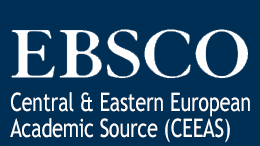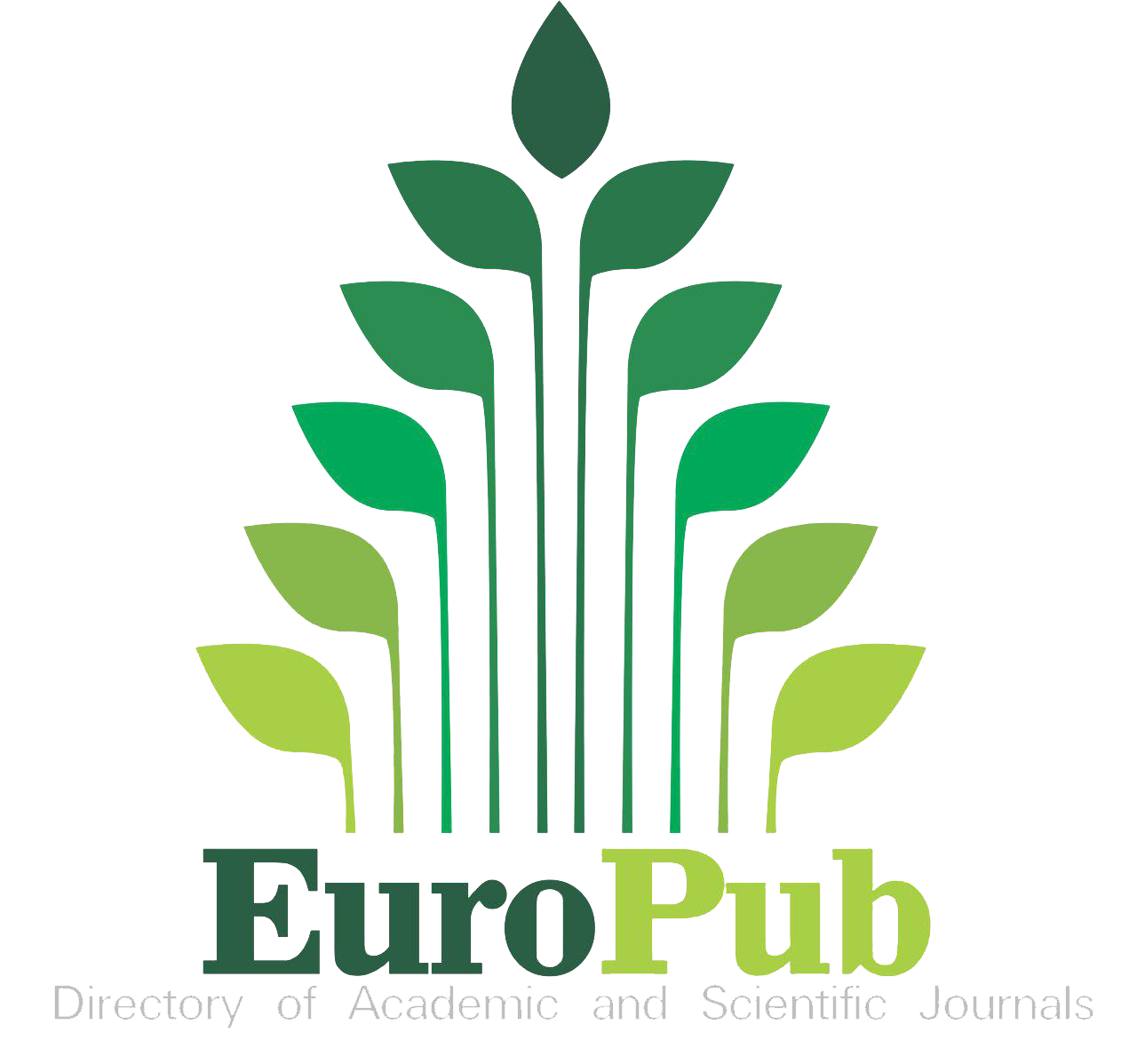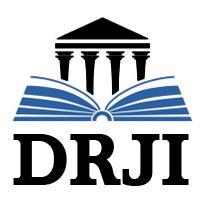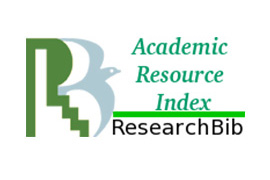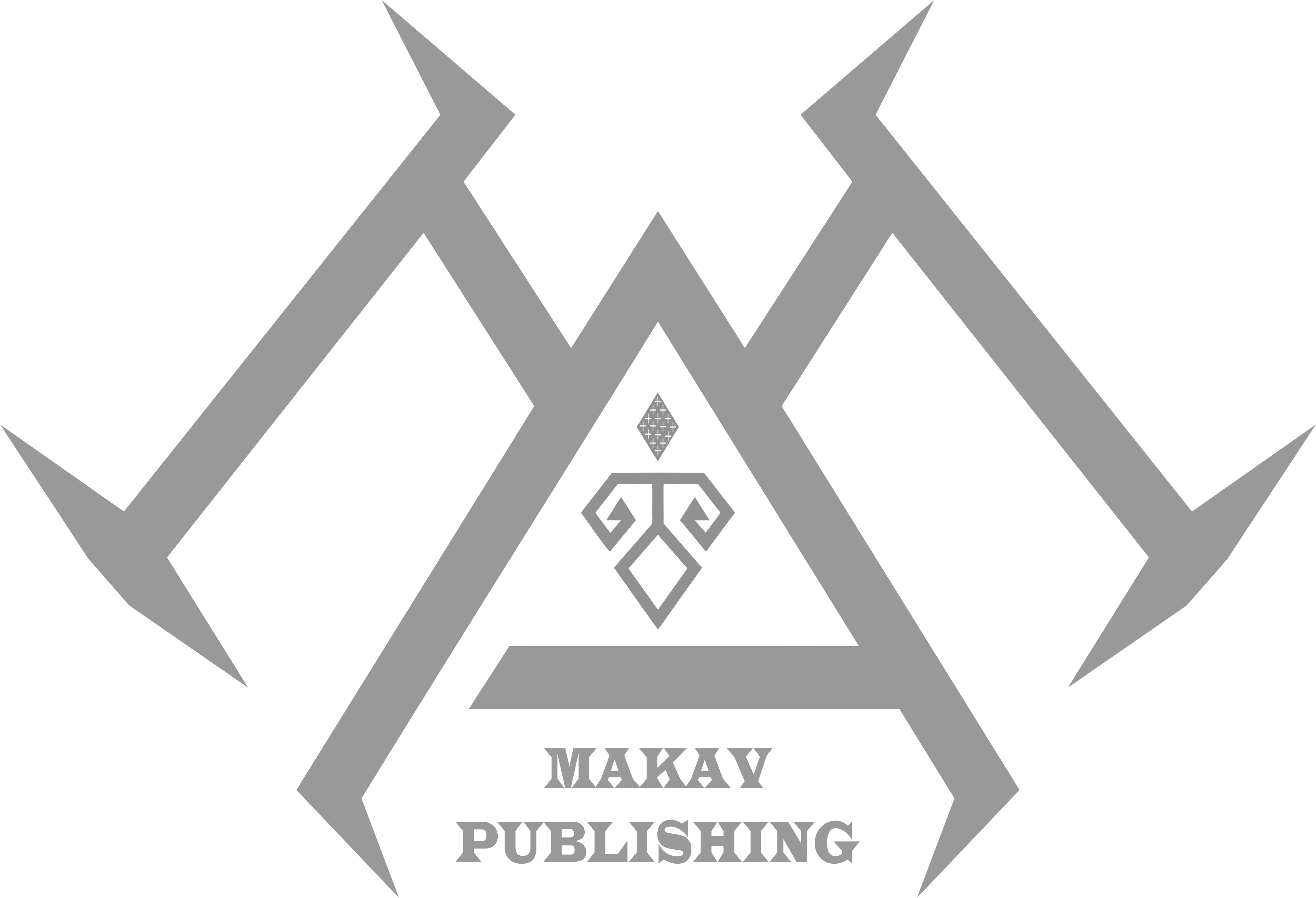Effect of colistin injury on aspartate aminotransferase, alanine aminotransferase and gamma glutamyl transferase activities in ovariectomized rats
Colistin injury and enzyme activities in rats
DOI:
https://doi.org/10.5281/zenodo.14567347Keywords:
Alanine aminotransferase, aspartate aminotransferase, colistin, gamma glutamyl transferase, ovariectomyAbstract
Colistin is an antibiotic with a dose-limiting side effect when used against multidrug-resistant gram-negative pathogens. The aim of this study was to investigate the effect of colistin on aspartate aminotransferase (AST), alanine aminotransferase (ALT) and gamma glutamyl transferase (GGT) activities in ovariectomized rats. Group I was the control group, Group II was ovariectomized only and Group III was ovariectomized and colistin administered. Colistin administration caused damage in ovariectomized rats. AST, ALT and GGT activities were higher (p<0.001) in Group III compared to the other groups. This is an indication that 73 mg/kg colistin administration caused damage. Considering the effects found in the study, administration of colistin at a lower dose and duration can be considered as an alternative medicine option.
References
Mirjalili M, Mirzaei E, Vazin A. Pharmacological agents for the prevention of colistin-induced nephrotoxicity. Eur J Med Res. 2022;27(1):64. doi: 10.1186/s40001-022-00689-w
Soroudi S, Mousavi G, Jafari F, Elyasi S. Prevention of colistin-induced neurotoxicity: a narrative review of preclinical data. Naunyn Schmiedebergs Arch Pharmacol. 2024;397(6):3709-3727. doi: 10.1007/s00210-023-02884-w
Dai C, Li J, Li J. New insight in colistin induced neurotoxicity with the mitochondrial dysfunction in mice central nervous tissues. Exp Toxicol Pathol. 2013;65(6):941-8. doi: 10.1016/j.etp.2013.01.008
Ghlissi Z, Hakim A, Mnif H, Ayadi FM, Zeghal K, Rebai T, et al. Evaluation of colistin nephrotoxicity administered at different doses in the rat model. Ren Fail. 3013;35(8):1130-1135. doi: 10.3109/0886022X.2013.815091
Jeong ES, Kim G, Moon KS, Kim YB, Oh JH, Kim HS, et al. Characterization of urinary metabolites as biomarkers of colistin-induced nephrotoxicity in rats by a liquid chromatography/mass spectrometry-based metabolomics approach. Toxicol Lett. 2016;248:52-60. doi: 10.1016/j.toxlet.2016.02.018
Hanedan B, Ozkaraca M, Kirbas A, Kandemir FM, Aktas MS, Kilic K, et al. Investigation of the effects of hesperidin and chrysin on renal injury induced by colistin in rats. Biomed Pharmacother. 2018;108:1607-1616. doi: 10.1016/j.biopha.2018.10.001
Lee TW, Bae E, Kim JH, Jang HN, Cho HS, Chang SH, et al. The aqueous extract of aged black garlic ameliorates colistin-induced acute kidney injury in rats. Ren Fail. 2019;41(1):24-33. doi: 10.1080/0886022X.2018.1561375
Aksu EH, Kandemir FM, Küçükler S. The effects of hesperidin on colistin-induced reproductive damage, autophagy, and apoptosis by reducing oxidative stress. Andrologia. 2021;53(2):e13900. doi: 10.1111/and.13900
Eronmosele JE, Olurishe TO, Olorukooba AB. Investigation of treatment-time differences in colistin-induced nephrotoxicity in Wistar rats. Chronobiol Int. 2021;38(2):224-233. doi: 10.1080/07420528.2020.1838535
Edrees NE, Galal AAA, Monaem ARA, Beheiry RR, Metwally MMM. Curcumin alleviates colistin-induced nephrotoxicity and neurotoxicity in rats via attenuation of oxidative stress, inflammation and apoptosis. Chem Biol Interact. 2018;294:56-64. doi: 10.1016/j.cbi.2018.08.012
Makav M, Eroğlu HA. Recuperative effect of estrogen on rotenone-induced experimental model of Parkinson's disease in rats. Environ Sci Pollut Res Int. 2021;28(17):21266-21275. doi: 10.1007/s11356-020-11985-5
Pingili RB, Pawar AK, Challa SR, Kodali T, Koppula S, Toleti VA. Comprehensive review on hepatoprotective and nephroprotective activities of chrysin against various drugs and toxic agents. Chem Biol Interact. 2019;308:51-60. doi: 10.1016/j.cbi.2019.05.010
Thakur S, Kumar V, Das R, Sharma V, Mehta DK. Biomarkers of Hepatic Toxicity: An Overview. Curr Ther Res Clin Exp. 2024;100:100737. doi: 10.1016/j.curtheres.2024.100737
Liu X, Hamnvik OPR, Chamberland JP, Petrou M, Gong H, Christophi CA, et al. Circulating alanine transaminase (ALT) and γ-glutamyl transferase (GGT), but not fetuin-A, are associated with metabolic risk factors, at baseline and at two-year follow-up: the prospective Cyprus metabolism study. Metabolism. 2014;63(6):773-782. doi: 10.1016/j.metabol.2014.03.008
Luan Y, Zhao J, Han H, Shen J, Tang S, Cheng L. Toxicologic effect and transcriptome analysis for short-term orally dosed enrofloxacin combined with two veterinary antimicrobials on rat liver. Ecotoxicol Environ Saf. 2021;220:112398. doi: 10.1016/j.ecoenv.2021.112398
Karapehlivan M, Başer ÖF, Dolanbay T, Alwaazer D. Effects of hydrogen-enriched water on lipid profile and some biochemical markers. Rats. 2023;1(2):47-50. doi: 10.5281/zenodo.10444706
Adeneye AA, Babatope FE, Adesii-Adelekan AE, Olorundare OE, Okoye II. Tadalafil pretreatment attenuates doxorubicin-induced hepatorenal toxicity by modulating oxidative stress and inflammation in Wistar rats. Toxicol Rep. 2024;13:101737. doi: 10.1016/j.toxrep.2024.101737
Bahari H, Rafiei H, Goudarzi K, Omidian K, Asbaghi O, Kolbadi KSH, et al. The effects of pomegranate consumption on liver function enzymes in adults: A systematic review and meta-analysis. Complement Ther Med. 2024;80:103008. doi: 10.1016/j.ctim.2023.103008
Center SA. Interpretation of liver enzymes. Vet Clin North Am Small Anim Pract. 2007;37(2):297-333. doi: 10.1016/j.cvsm.2006.11.009
Kunutsor SK, Apekey TA, Seddoh D, Walley J. Liver enzymes and risk of all-cause mortality in general populations: a systematic review and meta-analysis. Int J Epidemiol. 2014;43(1):187-201. doi: 10.1093/ije/dyt192
Rosenberg J, Sola O, Visconti A. Approach to elevated liver enzymes. Prim Care. 2023;50(3):363-376. doi: 10.1016/j.pop.2023.03.007
Beek JHDA, Moor MHM, Geus EJC, Lubke GH, Vink JM, Willemsen G, et al. The genetic architecture of liver enzyme levels: GGT, ALT and AST. Behav Genet. 43(4):329-39. 2013. doi: 10.1007/s10519-013-9593-y
Shawon SI, Reyda RN, Qais N. Medicinal herbs and their metabolites with biological potential to protect and combat liver toxicity and its disorders: A review. Heliyon. 2024;10(3):e25340. doi: 10.1016/j.heliyon.2024.e25340
Boye A, Asiamah EA, Martey O, Avertey F. Citrus limon (L.) osbeck fruit peel extract attenuates carbon tetrachloride-induced hepatocarcinogenesis in Sprague-Dawley rats. Biomed Res Int. 2024;6673550. doi: 10.1155/2024/6673550
Farid AS, Hegazy AM. Ameliorative effects of Moringa oleifera leaf extract on levofloxacin-induced hepatic toxicity in rats. Drug Chem Toxicol. 2020;43(6):616-622. doi: 10.1080/01480545.2019.1574811
Ali FEM, Hassanein EHM, Bakr AG, El-Shoura EAM, El-Gamal DA, Mahmoud AR, et al. Ursodeoxycholic acid abrogates gentamicin-induced hepatotoxicity in rats: Role of NF-κB-p65/TNF-α, Bax/Bcl-xl/Caspase-3, and eNOS/iNOS pathways. Life Sci. 2020;254:117760. doi: 10.1016/j.lfs.2020.117760
Downloads
Published
How to Cite
Issue
Section
License
Copyright (c) 2024 Rats

This work is licensed under a Creative Commons Attribution 4.0 International License.



